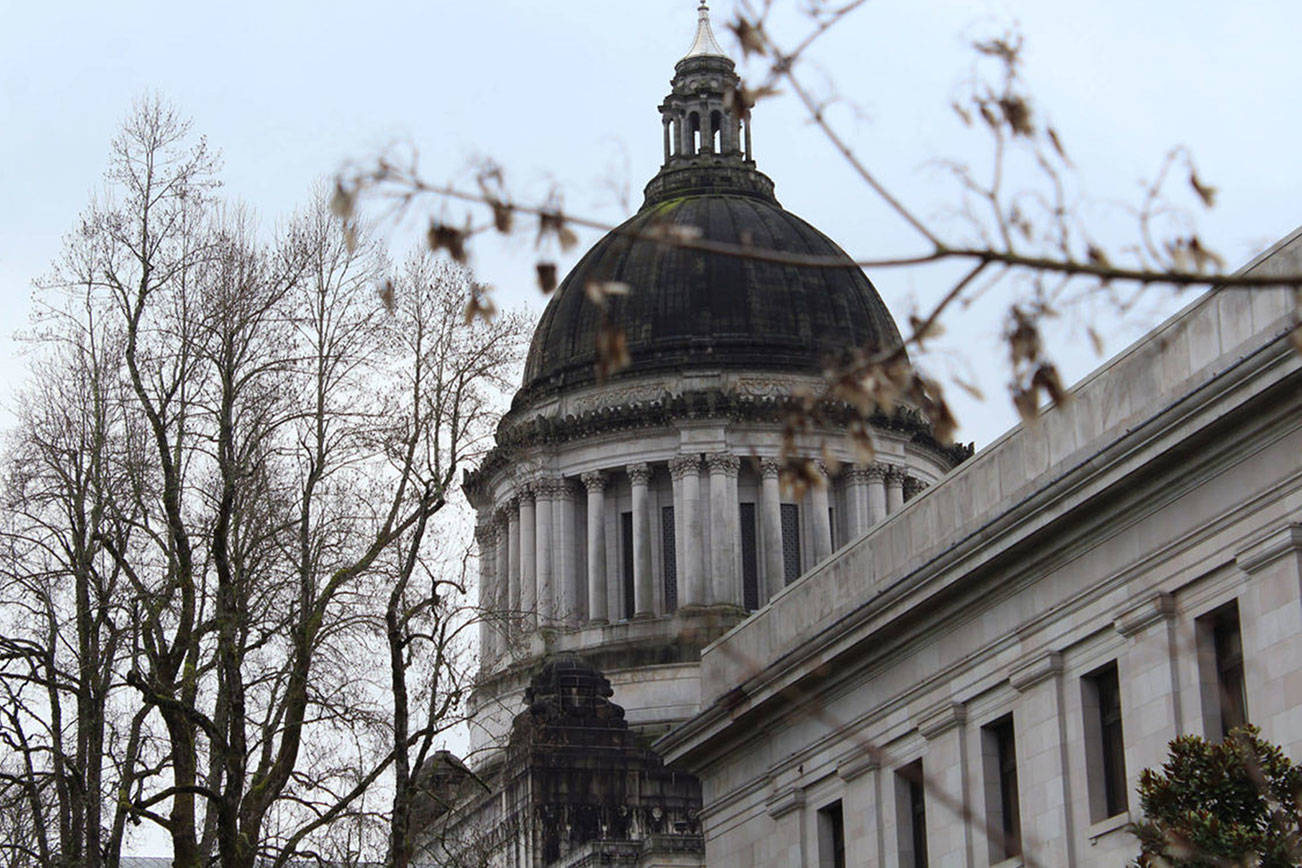When it comes to elections—or in this case, selections—the media have a tendency to equate names we know with words like “front-runner” and “early favorite.”
Exhibit A of this phenomenon would be that great monosyllabic belly-flop of a Republican candidate, Jeb! (exclamation not ours). But it was also at play in Seattle in recent weeks when the City Council set about picking a replacement for Councilmember Tim Burgess, who ascended to the mayor’s office to finish Ed Murray’s term. Whether from a lack of imagination or maybe just a bias toward names we already knew how to spell, the people floated in this paper and others as possible candidates for the open seat made up a gallery of the familiar: Nick Licata, Sally Clark, Tom Rasmussen, Jessyn Farrell. City Hall insiders, too, seemed inclined to think that the seat would go to a known entity with a name plate already in storage.
Thus kudos are due to the organization Transparent Seattle, which refused to go along with this kind of groupthink. Thanks to its efforts, the City Council opened the selection process to the public; this in turn allowed Kirsten Harris-Talley to make her case to the Council and the public and ultimately win selection to the seat, which she was sworn into on Friday. While Harris-Talley will hold the post for only seven weeks—until the winner of the Position 8 Council race, either Jon Grant or Teresa Mosqueda, will assume the dais—we believe the Council will benefit from both Harris-Talley and the process that selected her.
Drawing heavily on organizers from the Nikkita Oliver campaign, Transparent Seattle was formed in response to the chaotic game of musical chairs that followed Murray’s resignation, when it appeared that the Council would not bother with an open selection process; budget season was fast approaching, the thinking went, and the quicker the Council could fill the seat, the better. Transparent Seattle rejected this logic, arguing that it was all the more important for the public to have a say in who would be casting votes on the important budget work. “How can City Council not invite the people of Seattle to be a major part of this process with all of these life-altering decisions on the line?” asked TS organizer Dae Shik Kim Hawkins Jr. in the South Seattle Emerald. “Budgets are more than a collection of revenues and expenditures; they are moral documents.”
Council president Bruce Harrell ultimately acquiesced, scheduling two public meetings in which aspirants to the seat could make their case. Predictably, this course of action was a little messy, with gadflies seizing the chance to have a few minutes of unobstructed airtime on Seattle Channel. But it also allowed candidates from marginalized communities who, for lack of the institutional support often requisite in seeking elected office, would otherwise not have a place at the forum. Thanks to the process, we heard ChrisTiana ObeySumner share her experiences as a member of the Renters’ and DisAbility commissions; Abel Pacheco talk about being a Latino man in Seattle; and Harris-Talley, a prison abolitionist heavily involved in the Block the Bunker and No New Youth Jail movements, make the case for why social justice needs to be at the forefront of budget discussions.
Licata, too, made his case. And had councilmembers gone with their former colleague, it would have been a fine choice. But in selecting Harris-Talley, the Council affirmed its commitment to widening the conversation at a City Hall that, for all the progress in Seattle, has remained too insular over the years. Whatever impact Harris-Talley has on the budget work now before the Council, she and those she represents are now in the fold and at the table—and when we in the media need to pick front runners for some future race, we’ll already know how to spell her name.
editorial@seattleweekly.com







